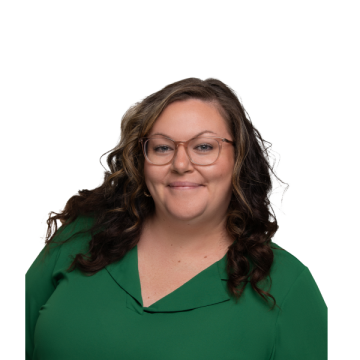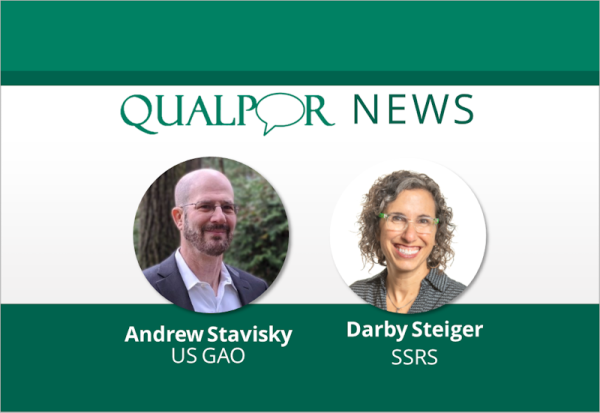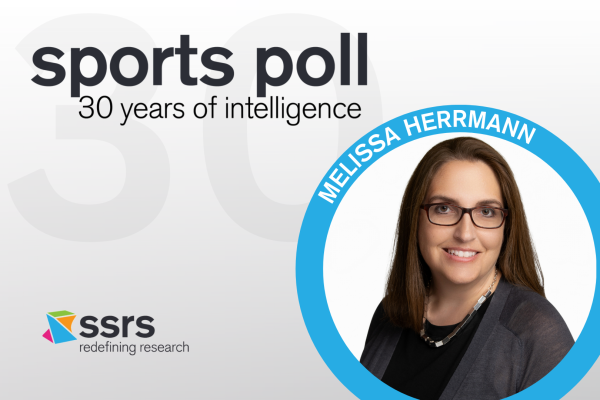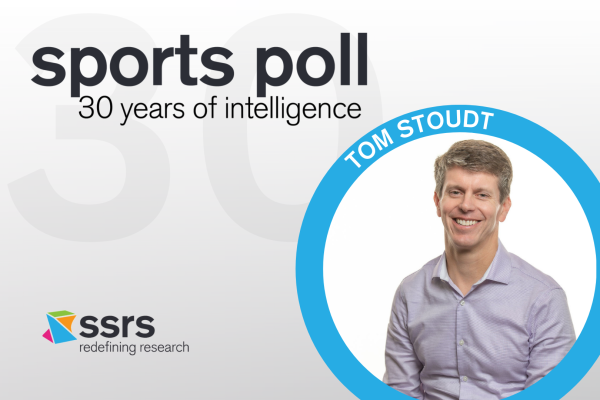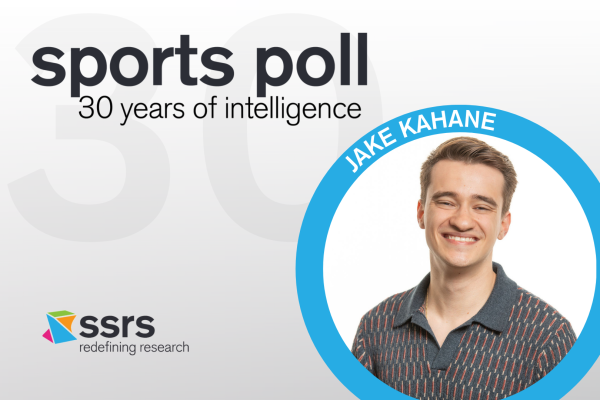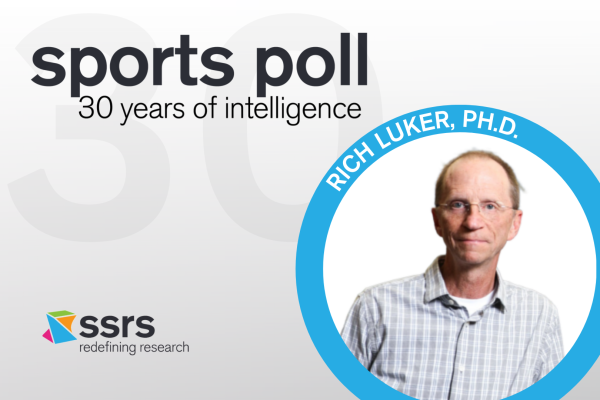I grew up in foster care, so college was an insurmountable hurdle for me when I was on my own at 18. Instead, I got a job as quickly as possible and a call center in my hometown was always hiring. I started as an interviewer doing political and market research surveys. Many of the shifts I worked as an interviewer were grueling: hang ups, people screaming at me, internet blips that lost a respondent at over an hour on the phone. Like most things in my career, I saw these shifts as a challenge that I could overcome. I was tasked with helping organize a paper-only (yes, paper and pencil!) survey about coffee (yes!). After just 9 months on the phone, the supervisors knew I could keep this PAPI study organized. I took it over and we did excellently, which awarded me a promotion to quality assurance. And then again to production management. After years of more hard work and innovation, I was asked if I would move to the company’s headquarters in Pennsylvania to work as a client-facing project manager. It was extremely scary at just 22 to consider moving away from everyone and everything I’ve ever known, without family to fall back on if I failed. Still, I said YES. I wanted out of my small town, and this was my shot. The company moved me to PA and I was able to work in a skyscraper in center city Philadelphia. It was more than I ever thought I’d achieve. After only 8 months living and working in Philadelphia, the company that moved me here was liquidated and closed overnight with no warning. At that time, I worked with two of my longest-term friends (Akilah and Hugo, who are my coworkers again today at SSRS!) which made the abrupt end at this company a pain we shared. The three of us walked to a local coffee shop after hearing the news, in a haze, with no clue what to do but hug one another and call our loved ones. I was convinced after the trauma of being in a new city without work that I was going to get out of the MR industry for good. However, if you’re in the industry you likely know how small it is and how word spreads. Once my clients learned that I was on the market, multiple reached out to help me land at another company. I ended up at Universal Survey Center in Manhattan, where I was the project director for SSRS’ Phone OMNIBus, working alongside Mary Lewis for years! This was my first taste of the quality and methodological rigor at SSRS and I immediately knew I wanted to work here. Through multiple changes and trying my hand at qual project management for a (very) brief moment, I learned of an opening at SSRS on the Operations team while I was already in a transitional stage of my career. Through my preexisting knowledge of the SSRS team and some of their work, I jumped at the chance to join the incredible team that grows more mind-blowing every day. I’ve now been at SSRS for over 6 years and it’s where I see myself retiring. The methodological challenges this team undertakes and overcomes continues to impress and astound me, even though I’m not in the room helping to get us there. I am grateful for all of the twists and turns I’ve taken in this industry since they landed me here!
One of the first tasks I was asked to tackle upon joining SSRS was getting a large, 2-year, multi-million-dollar, phone-only project to it’s first year quota. At the company I left before joining SSRS, we had been partnering on the work and dialing into the SSRS system. Through that perspective, I was keenly aware of how hard the project was for all vendors and internal (SSRS) interviewers. As soon as I started working at SSRS, I jumped in with both feet on this problem. I joined in November and we needed to be out of field by the end of December. At this time, the project was telephone only – which is the hardest mode to turn around, given that you are reliant on human interviewers showing up to work each day and connecting with the respondents enough to keep them on the phone. We were behind schedule and over budget. I knew part of the issue since I was already a vendor for SSRS who was servicing this project, so I jumped in, hoped the team would trust me, and started to slowly turn things around. I am naturally very organized, so my first goal was to have much more clear instructions for the vendors each night and to reset expectations with our internal and external clients that were based in reality. Proactive communication, metric-driven decision making, interviewer-level statistics, and rigorous sample reviews slowly turned the project around. A fresh set of eyes, a determined outlook, and wanting to prove myself helped me gain the trust of the TelOps team and the CS group and we squeezed in with the necessary completes in the 11th hour on that project. Due to the client service’s calm management of the client through a very uncertain time, married with an operations team willing to go above and beyond to ensure we finished, we’re still running this project 6 years later. This is an exceptionally proud time for me!
Work is a large part of your life, so please do what you can to ensure the time spent at your desk enriches your life in some way, big or small. Advocate for yourself so you can do the things that help you feel fulfilled and don’t feel like work has to be something you dread. I know it seems like work is just a means to an end, but I promise whether you’re working at a Chipotle (been there!), managing a retail store, researching political trends, or you’re a content creator you CAN draw energy from your work. It doesn’t have to be the worst part of everyday! Just make sure you find as much balance as possible and enrich yourself at home, too!
